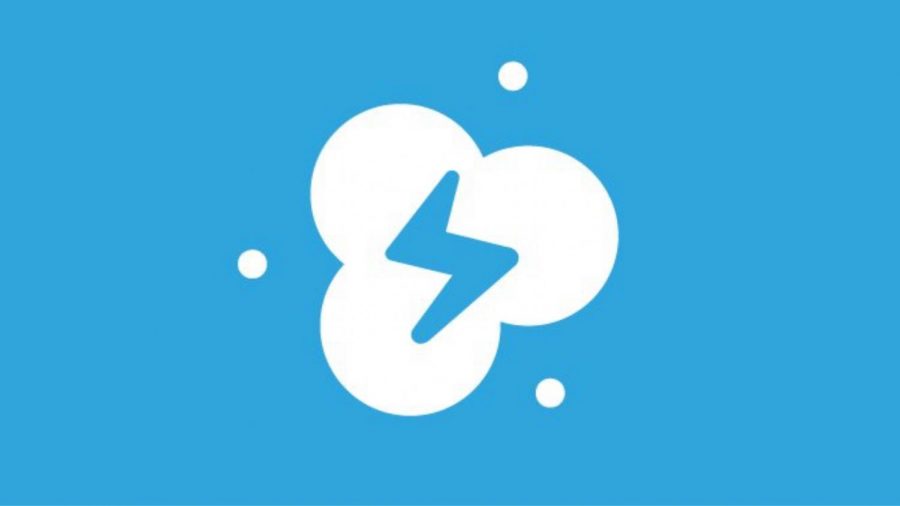District-wide decision introduces ‘DyKnow,’ a new Chromebook monitoring program
Some feel that the “DyKnow” program infringes on student privacy.
Senior Nabeha Barkatullah turns on her Chromebook during class time and opens to a tab from a previous class. After just a few seconds, her screen goes black. The message “stay on task, now’s not the time for that” appears on screen.
“I thought it (the teacher monitoring my Chromebook) was a little invasive and kind of condescending since it implies that the school doesn’t trust us to stay on task even with the blocks they put on websites,” Barkatullah said.
Teachers can monitor students’ Chromebooks during class time through a program called DyKnow due to a decision made by the district. DyKnow has been available to all SCUSD schools since mid-November.
According to Principal Gregory Shelby, Chromebook monitoring began because the majority of teachers in the district use online resources. Teachers were unaware if their students were using technology appropriately and staying on task, especially when taking exams online. Implementing DyKnow allows teachers to know what their students are doing in class.
Teachers have noticed a lot of useful tools from DyKnow that can be applied to the classroom aside from just monitoring. According to social science teacher Emily Haven, Chromebook monitoring is not solely used to prevent digital distraction; it also gives her ideas to help future students.
“If lots of students all went to the same website to find the answer to part of a WebQuest, I can now check that website and then recommend it to students who are struggling to find the answer,” Haven said.
Social science teacher Karen Henry also uses Chromebook monitoring as a way to enhance her teaching methods.
“There are other features (in DyKnow) that really have potential,” Henry said. “You can push questions out to the students’ computers and get instant feedback. You can also push out compliments and check for understanding.”
Junior Moises Naces does not mind that teachers can monitor his Chromebook. He believes the purpose and tools of the DyKnow program can be helpful to both teachers and students.
“For me, I’m perfectly fine with the idea of monitoring our Chromebook as long as the teachers won’t abuse it,” Naces said.
However, many students at SCHS feel that their teachers’ access to their Chromebooks is an invasion of privacy. Barkatullah believes there are other solutions to digital distraction, and that viewing a student’s Chromebook screen is a step too far.
“I think that the school should let students be responsible for their own actions, and if they decide to do other work during a class period, let them see it reflected on their grade so they can learn from it on their own,” Barkatullah said.
The program still has boundaries for the student’s privacy. According to Shelby, DyKnow only gives a live view of the student’s Chromebook, not any past history or information stored on the device. Teachers are only expected to use it to see if a student is on task during class time.
Shelby believes Chromebook monitoring is another important technological innovation that will benefit education. Administration will continue to look for more beneficial advancements.
“The goal is not just for Chromebooks to be a replacement for paper and pencil but to allow you to do things that were not possible before,” Shelby said. “I’ve seen innovation nationally and at this school, and I can imagine that will continue.”



